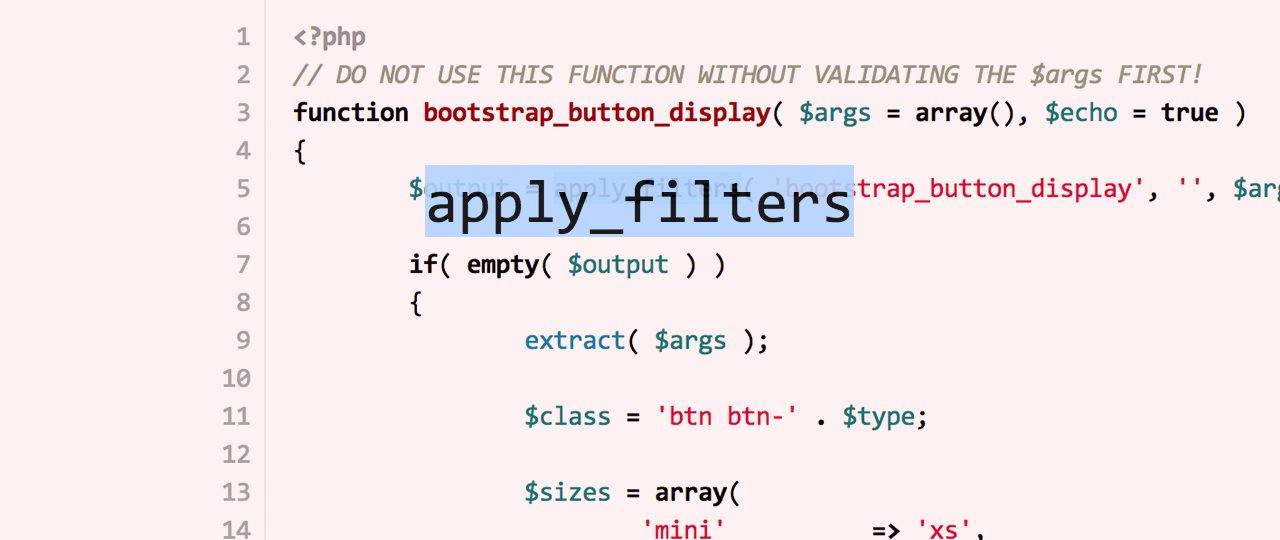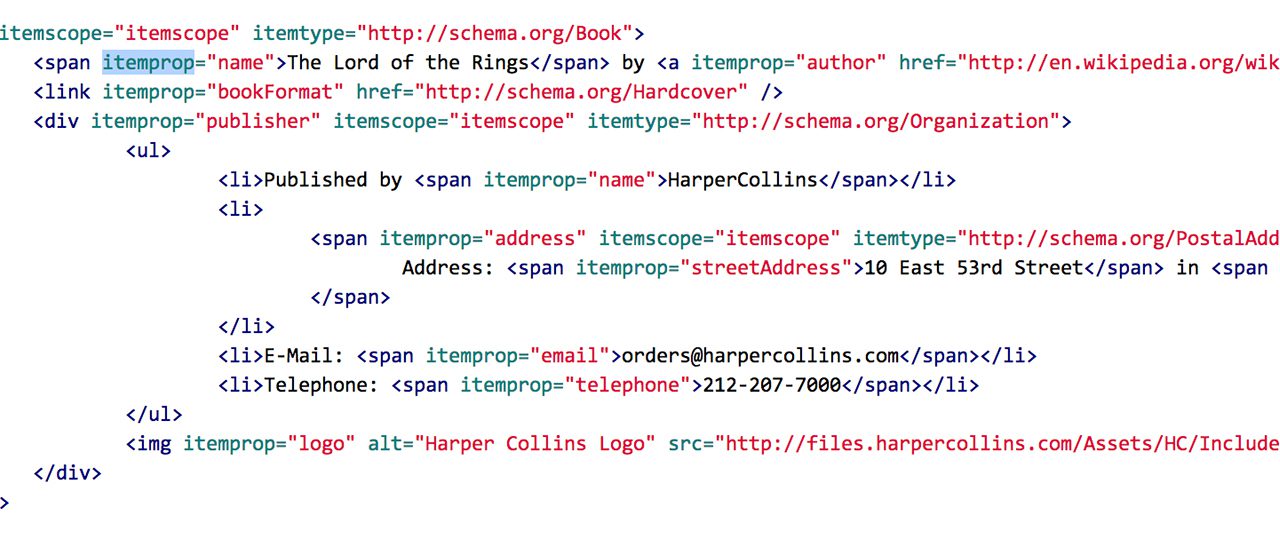In order to have your plugin or theme customizable by other developers, you should apply a lot of filters, but of course only when it might make sense (you should empathize with fellow developers to imagine possible situations). According to the WordPress Codex, filters exist to allow others to modify the filtered content before it is processed further.
Filters are functions that WordPress passes data through, at certain points in execution, just before taking some action with the data (such as adding it to the database or sending it to the browser screen).
This is definitely the general rule you should stick to. But you cannot only modify content via filters, you can furthermore actually create content – and in some cases this is a much more efficient approach.



